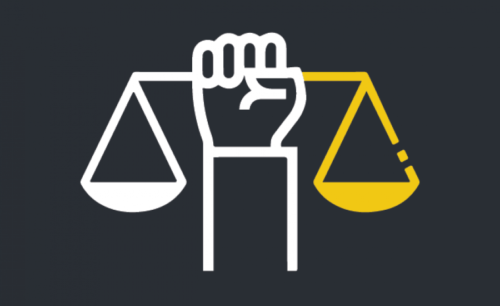BURDEN OF PROOF IN INDIAN JUDICIAL SYSTEM: A CRITICAL EXAMINATION
Introduction: The burden of proof is a fundamental principle in the Indian judicial system, which determines the responsibility of presenting evidence to support a claim in a legal proceeding. This article critically examines the burden of proof in the Indian judicial system, analyzing its key points and highlighting the implications for justice and fairness.
- Definition and Application of Burden of Proof: The burden of proof refers to the obligation of a party to prove a disputed fact or issue in a legal case. In India, the general principle is that the burden of proof lies on the party who asserts a positive claim or asserts a fact as true. The standard of proof required is “beyond a reasonable doubt” in criminal cases, while in civil cases, it is based on the balance of probabilities.
- Presumption of Innocence and the Prosecution’s Burden: The Indian legal system upholds the principle of “innocent until proven guilty.” In criminal cases, the burden of proof primarily rests on the prosecution to establish guilt beyond a reasonable doubt. The accused enjoys the presumption of innocence until proven guilty, placing a heavy responsibility on the prosecution to present compelling evidence.
- Shifting Burden in Certain Cases: While the general rule places the burden of proof on the party making the claim, there are specific circumstances where the burden shifts to the opposite party. For instance, in cases of dowry deaths or corruption, the burden shifts to the accused to prove their innocence. Such provisions aim to address societal imbalances and protect vulnerable individuals.
- Challenges and Implications: a. Lack of Resources: The burden of proof often disproportionately affects marginalized individuals who may lack resources to gather and present evidence effectively. This can result in unequal access to justice and undermine the principle of fairness in the judicial system. b. Burden on Victims: In cases involving crimes against women or vulnerable sections of society, the burden of proof can add an additional layer of hardship for victims, who already face social stigma and trauma. Striking a balance between justice for victims and the rights of the accused is crucial. c. Judicial Delays: In some cases, the burden of proof contributes to delays in the judicial process. The extensive burden on the prosecution can lead to prolonged trials, affecting the timely delivery of justice.
- Need for Reforms: a. Evidentiary Rules: There is a need for clearer and standardized rules on the admissibility of evidence to ensure fairness and uniformity in the burden of proof. Streamlining evidentiary procedures and encouraging technological advancements, such as forensic tools, can help improve the efficacy of the burden of proof. b. Legal Aid and Support: Enhancing legal aid services and support for marginalized individuals can help mitigate the challenges they face in meeting the burden of proof. Providing resources, such as legal assistance and forensic expertise, can ensure a more equitable judicial process. c. Sensitization and Training: Sensitizing judges, lawyers, and law enforcement personnel about the challenges faced by victims and marginalized sections can lead to a more nuanced understanding of the burden of proof. Training programs can focus on reducing biases and promoting fairness in the interpretation and application of the burden of proof.
Conclusion: The burden of proof is a critical element of the Indian judicial system, determining the responsibility of parties to present evidence. While it upholds the principle of justice, there are challenges in its application, particularly for marginalized individuals and victims. Reforms that address these challenges and ensure a fair and accessible justice system are imperative for the continued evolution of the burden of proof in India.


